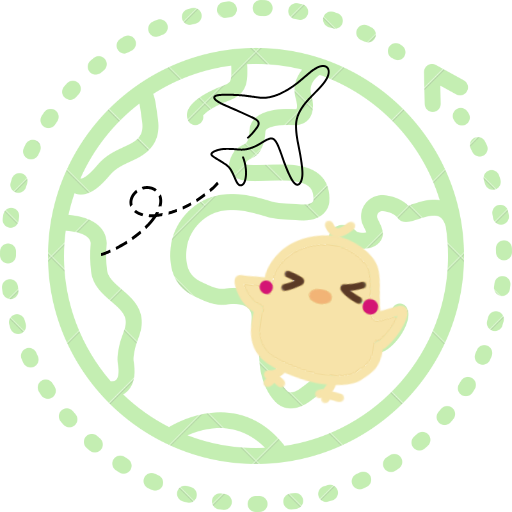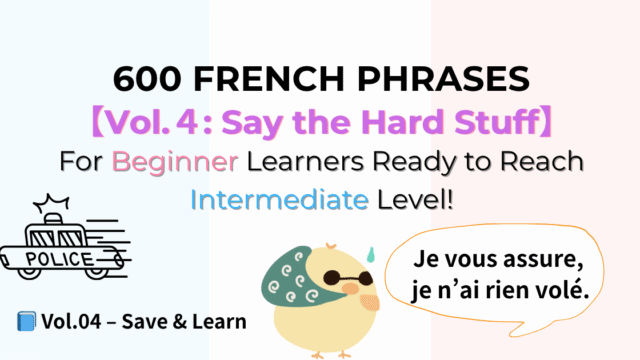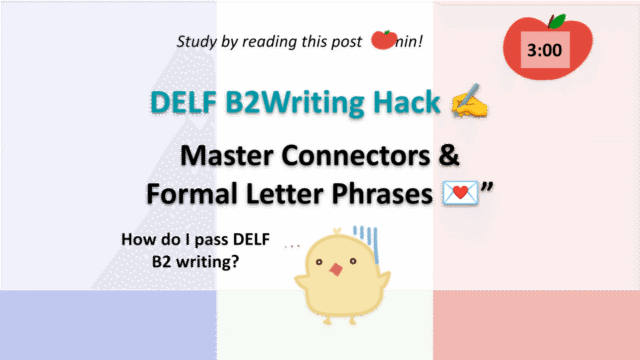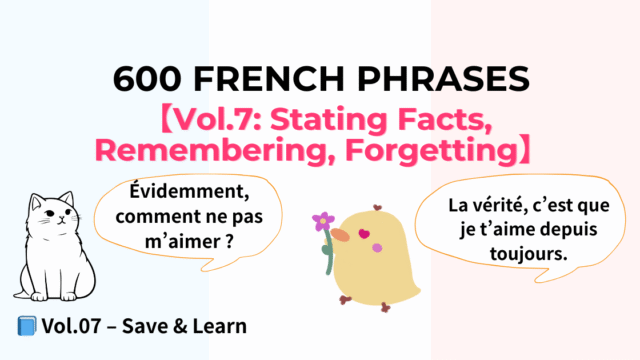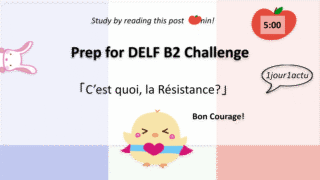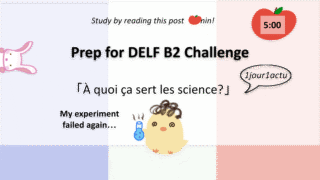【DELF B2 Prep】🐝 Why Should We Protect Bees? | From 1jour1actu
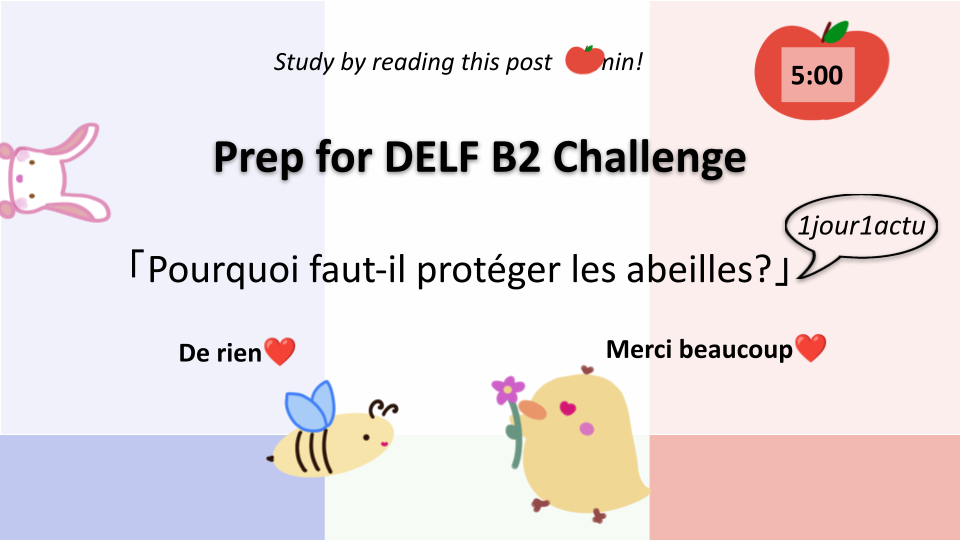
This post is 5 minutes read time. Aiming for studying by just reading!
My DELF B2 Preparation Blog – Listening & Writing Practice
Learning French Through Real Topics: Pourquoi faut-il protéger les abeilles ? – 1jour1actu
Today’s article from 1jour1actu introduces the essential role of bees in our ecosystem—and why they are under threat. This real-world topic helps you:
- Practice expressing causes, consequences, and suggestions
- Learn DELF B2-relevant vocabulary and structures
- Understand environmental arguments often found in the production écrite
Alors, on y va🐝!
📌Today’s Key Sentence|Let’s read and understand the original
Quand une abeille butine une fleur, du pollen s’accroche dans ses poils… et se dépose dans la fleur suivante.
Translation 👉 :
When a bee gathers nectar from a flower, pollen sticks to its hairs… and is deposited in the next flower.
🔍 Vocabulary & Grammar Breakdown
| French | Translation | Explanation |
|---|---|---|
| Quand une abeille butine | When a bee gathers nectar | “Butiner” is specific to bees and nectar collection |
| du pollen s’accroche | pollen sticks | Reflexive verb “s’accrocher” (to cling) |
| dans ses poils | in its hairs | “Poils” means hairs (of an animal/insect) |
| se dépose | is deposited | Another reflexive verb; passive meaning |
| dans la fleur suivante | in the next flower | “Suivante” is the feminine form of “next” |
📚Vocabulary Boost
| Expression | Meaning | Notes |
|---|---|---|
| butiner | to gather nectar | Specific to bees or butterflies |
| s’accrocher à | to cling to | Reflexive, often followed by “à” |
| se reproduire | to reproduce | Common in nature topics |
| empoisonner | to poison | Used for chemicals or metaphorically |
| prairie fleurie | flowered meadow | Typical collocation |
| frelon asiatique | Asian hornet | Insect name, useful in environmental topics |
🎁 Bonus|accrocher vs s’accrocher:
What’s the Difference?
Both accrocher and s’accrocher come from the same verb root, meaning “to hang” or “to cling,” but they are used differently in French depending on context.
🔹 1. accrocher (non-reflexive verb) = to hang something, to hook
The subject actively hangs or hooks something onto another object.
✅ Example:
J’ai accroché mon manteau au portemanteau.
(I hung my coat on the coat rack.)
→ accrocher takes a direct object (e.g., mon manteau) and shows the action of hanging something.
🔹 2. s’accrocher (reflexive verb) = to cling to, to hang on (physically or metaphorically)
The subject clings or attaches itself to something, often implying effort or perseverance.
✅ Literal use:
Le chat s’est accroché à l’arbre pour ne pas tomber.
(The cat clung to the tree to avoid falling.)
✅ Figurative use:
Il faut s’accrocher si tu veux réussir cet examen.
(You have to hang in there if you want to pass this exam.)
🔧 Grammar Focus | Key Structures for B2
Structure: Environ + quantity + de + noun
Meaning: Used to indicate an approximate proportion.
Use in writing: Useful when discussing statistics or data in environmental or social topics.
✅ Environ un tiers de la nourriture dépend des abeilles.
→ About a third of food depends on bees.
📘 Essay Expressions | Ready-to-Use Phrases
Use these high-impact French expressions in your DELF B2 writing tasks. Each phrase comes with an example and English translation to help you fully understand and reuse it!
| French Expression | Example in French | English Translation |
|---|---|---|
| Il est vital de… | Il est vital de protéger les abeilles. | It is vital to protect bees. |
| On doit éviter de… | On doit éviter d’utiliser des produits chimiques. | We must avoid using chemical products. |
| Cela permet de… | Cela permet aux plantes de se reproduire. | That allows plants to reproduce. |
| Grâce à… | Grâce aux abeilles, on peut manger des fruits. | Thanks to bees, we can eat fruit. |
🖋️ Practice Writing | Short Essay Prompt
Sujet :
Pourquoi faut-il protéger les abeilles ? Que peut-on faire pour les aider ?
(Why should we protect bees? What can we do to help them?)
Model Answer:
🔹 Introduction
Les abeilles jouent un rôle fondamental dans la pollinisation. Pourtant, leur nombre diminue de façon inquiétante.🔹Développement 1
Sans abeilles, de nombreuses plantes ne pourraient plus se reproduire. Cela affecterait notre alimentation et la biodiversité.🔹Développement 2
Pour les aider, il faut éviter les pesticides, planter plus de fleurs, et protéger les ruches contre les menaces comme les frelons asiatiques.🔹Conclusion
Protéger les abeilles, c’est protéger notre avenir. Chacun peut agir à son niveau.
Translation:
Introduction
Bees play a fundamental role in pollination. Yet, their numbers are decreasing alarmingly.
Body 1
Without bees, many plants would no longer reproduce. This would affect our food and biodiversity.
Body 2
To help them, we must avoid pesticides, plant more flowers, and protect hives from threats like Asian hornets.
Conclusion
Protecting bees means protecting our future. Everyone can act at their own level.
✅ Test Yourself | Final Quiz
Q1. What does the expression Environ un tiers de la nourriture mean?
a) Exactly a third of the food
b) Less than half the food
c) About a third of the food
Q2. Which of the following best describes s’accrocher in the sentence le pollen s’accroche dans ses poils?
a) The pollen is falling
b) The pollen is sticking/clinging
c) The pollen is flying
Q3.Choose the sentence that correctly uses a reflexive verb:
a) Il faut accrocher les fleurs.
b) Elle accroche le tableau.
c) Le chat s’accroche à l’arbre.
Answer
- c) About a third of the food
- b) The pollen is sticking/clinging
- c) Le chat s’accroche à l’arbre.
